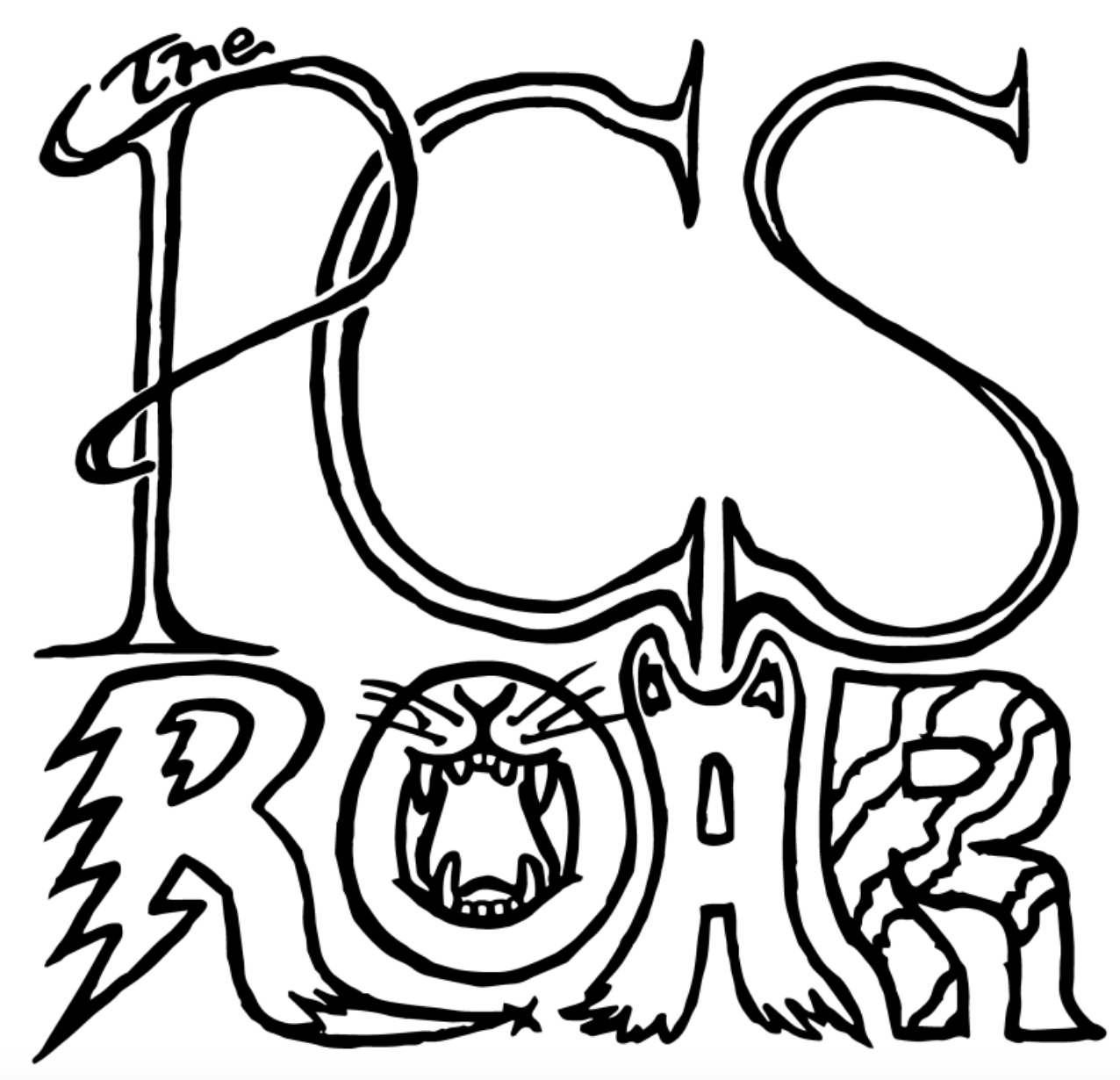PCS Teachers Unionize
March 12, 2019
Although California public schools are generally unionized workplaces, some charter schools have unions while others do not. On August 15, 2018, a super-majority of teachers at Pacific Collegiate School voted and filed a formal petition to unionize with the California Teachers Association.
Board President Tom Morell addressed the unionization of PCS teachers in a recent Thursday letter e-mailed to parents of Pacific Collegiate School students. Morell stated: “On August 15, 2018, the PCS Board and Administration received a notice that a majority of the PCS teaching staff had filed a petition to form a union, in affiliation with the California Teachers Association, which is called United PCS. The Board and Administration fully respect the legally-protected right of the teachers to form an organization to negotiate the terms and conditions of their employment. This process is in its early stages and we have nothing more to report at this time.”
Gabriel Cohn, a history teacher at PCS and former union representative and researcher, was one of the organizers of the new teachers union, United PCS. Mr. Cohn explained that on a simple level, a union is a group of workers coming together to improve working conditions. Cohn believes PCS should have unionized a long time ago and teachers who supported the union began to seriously consider its formation this past Spring. According to Mr. Cohn, the formation of the union was rooted in factors including but not restricted to teacher turnover in the Spring, and that there was a “lack of clarity about what was the process for someone being fired here, what was legitimate, what was not.” Another veteran PCS teacher, who has been a part of teachers unions in the past, echoed Mr. Cohn’s frustration with the current process. The teacher stated, “I felt that there were certain procedures that needed to be clarified such as hiring, firing, and salary.” The teacher added that “having a union will mean there are procedures in place for all these processes which will lead to a lot better communication,” which “will help with the lack of clarity and also help to ease conflict.”
Mr. Cohn stated that some teachers feel as though the Board is too involved in day-to-day operations, and makes decisions about how to teach without consultation, these reasons all being subjects that have frustrated members of the PCS community. Other teachers stated that since the formation of the union, the board has been concerned about the financial implications of this change. In general, the objective of the union, they said, is to increase teacher voice, reduce bad communication between the PCS community and administration, and increase transparency in decision making.
Randy Garrett, a math teacher at PCS, felt differently about the union. Mr. Garrett noted that he is a “huge fan of the teachers of PCS, [is] deeply committed to the success of PCS students,” and that “the folks involved in leading the PCS faculty into unionizing care deeply for the school and students, and are an exceptional group of teachers.” However, he does not support the establishment of an external PCS union, and would rather have some type of internal organization. Mr. Garrett believes that a union will foster a “protagonist-antagonist relationship with the PCS administration/board on one side and the teachers on the other.” Additionally, Mr. Garrett stated that the views and practices of unions do not sufficiently align with his own and he concerned about he is concerned about the unintended collateral consequences that unionization may have to the culture and finances of PCS.

